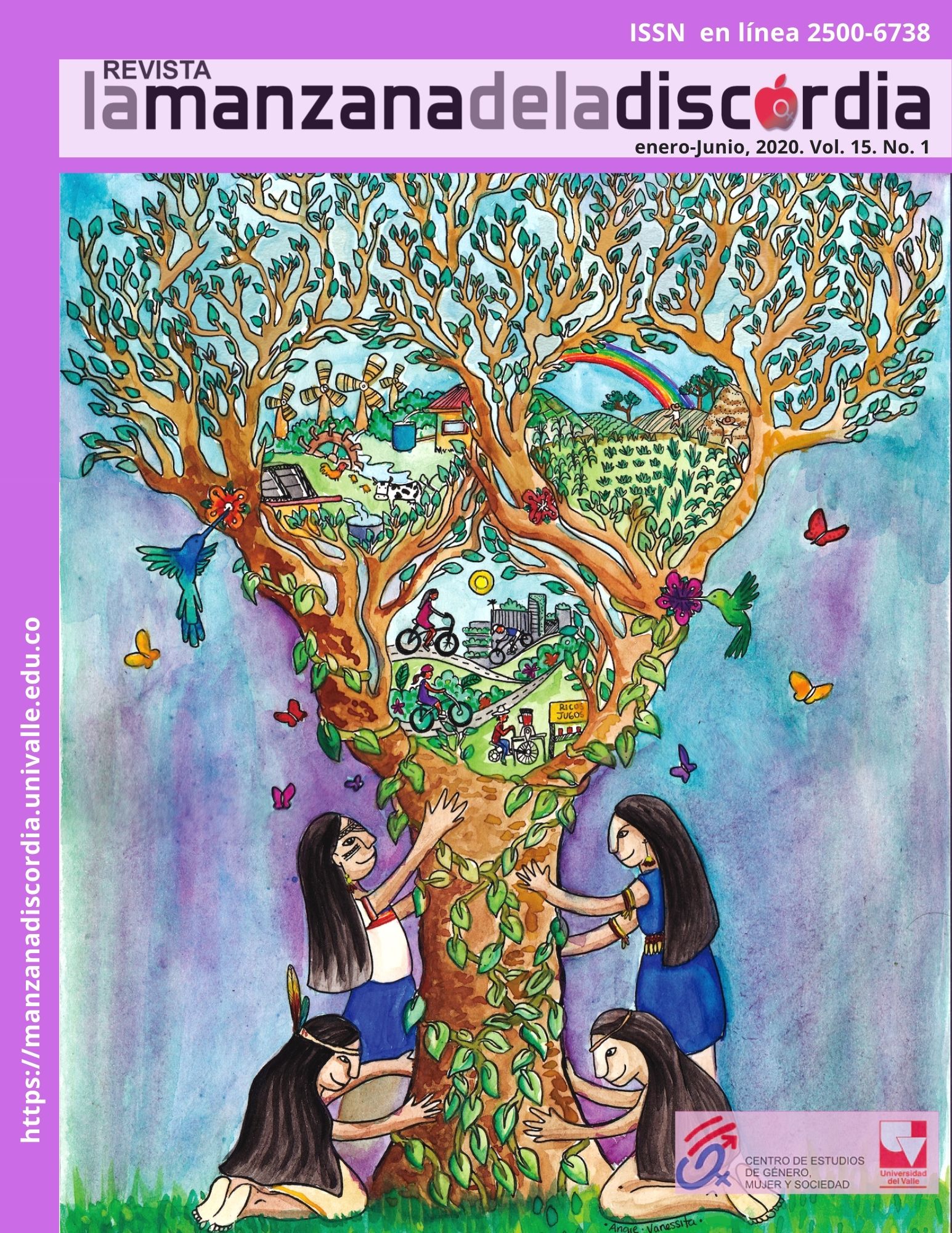Conciliation between caring-household and artisan-family work in México
Main Article Content
From the study of some material components of care taker and artisan work in Mexico, we seek to learn how the need for care taker is reorganized in the context of artisan-family-precarious work in a informal capitalist system that does not prioritize people but rather markets. Based on a qualitative methodology, 45 rural-indigenous artisans from different places in Mexico were interviewed. The results show unequal distribution both in artisan work and care taker. The sex division of work can be seen in the allotment of artisan-paid work by gender, where men have a greater presence, and there is a vertical and horizontal segmentation for women. Care taker work is still feminized. In order to make them compatible, the work and time of women is flexibilized, obliging them to overlap their activities in a continuum that is not divided by space or time, even causing women to be systematically poorer both in time and resources.
- Ramón Cortés Cortés, Emma María Zapata Martelo, María del Rosario Ayala Carrillo, Gender and Dispossession: The Case of the Cerro de San Pedro, San Luis Potosí , La Manzana de la Discordia: Vol. 14 No. 1 (2019)

This work is licensed under a Creative Commons Attribution-NonCommercial-ShareAlike 4.0 International License.





